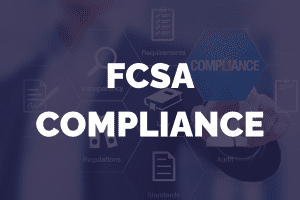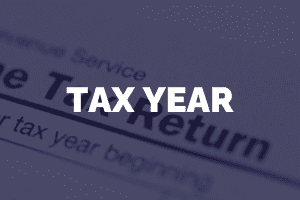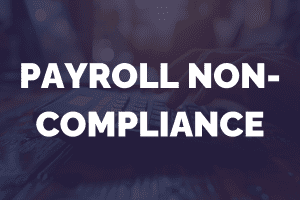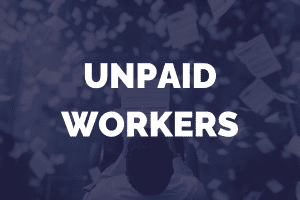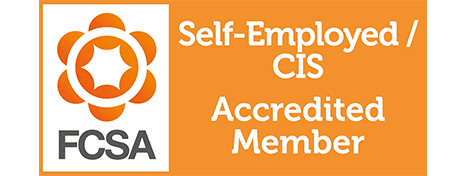The end of the tax year is coming, but what exactly does that mean for contractors? Well, it might mean quite a lot, depending on how you work.
In this article, we answer all our contractor questions about the end of the tax year and discover what you need to do to ensure that you meet your self assessment obligations.
The tax year in the UK ends on the 5th of April every year. This seemingly random date has been in place since the Middle Ages when the tax year began on a religious festival, followed by a move from the Julian to the Gregorian calendar. The UK is rather quirky in retaining this date, with most other countries in Europe and the US aligning their tax year to the calendar year.
Despite calls to modernise the UK tax year by changing the date to the end of the calendar year, the date remains standing at 5th April. There have been suggestions that a move to 31st March might be on the cards, this year however, it will remain as it is.
The end of the tax year is when HMRC gathers the information they need in order to ensure that everyone pays the right amount of tax. Employed workers have their tax and NICs deducted automatically from their wages by their employer, but anyone who is self-employed must fill out a self-assessment tax return which details all income and the amount of tax due for the year.
Filling out a tax return is a legal requirement. Failure to fill out a tax return can result in a fine and an estimated tax bill, called a “determination”. This amount might be incorrect, and you could end up paying too much tax.
Tax returns must also be filled out before the deadline, late tax returns can incur a late filing penalty of £100 for returns which are up to 3 months late. For even later or absent returns, the fines can be much higher.
If you need to fill out a tax return, the best thing to do is ask an accountant to help you. Tax returns can be complicated and stressful to complete, and an accountant will be able to ensure that you are being as tax efficient as possible.
If you are a limited company, we would highly recommend that you make use of an accountant. However, if you are self employed with very straightforward income and expenses, you might find that you are able to complete it yourself.
If you must fill out the tax return yourself, the main thing to get right is your income.
There are also certain expenses that you can list that are called “tax deductible”. These work related expenses are taken off your taxable income, so it’s important to list everything that you can. Again, an accountant will help you determine which expenses you are able to list on your tax return.
If you are a contractor working through an umbrella company and paid by Umbrella PAYE, your tax and national insurance is deducted by your employer, the umbrella. If this is your only income, then you do not need to fill out a tax return as all your tax liabilities have been deducted at source.
If you have any additional sources of income however, including running a limited company and receiving dividends, property rental income, have private savings, are carrying out additional work, or you wish to deduct work related expenses you must fill out a tax return to account for these sources of income.
If you are a contractor working under CIS then you will need to complete a self-assessment return. If you’re in any doubt whatsoever it is best to talk things through with an accountant to ensure that you meet your self-assessment requirements.
We’re here to help, if you do need to fill out a tax return or self-assessment, JMK Group UK offer a self-assessment service from as little as £120 +VAT.
Don’t hesitate to get in touch if you have any questions about self-assessment or meeting your end of tax year obligations.


Since 2002, JMK have been compliantly consolidating back-office, accountancy and payroll functions.
We have evolved to provide a range of expert services; such as Funding, becoming a leading provider to the contracting industry.
We know every agency is different in some shape or form, even if only by a little, but important bit. Combining our knowledge and experience of multiple sectors enables JMK to support you all from recruiters and payroll, through to finance, compliance and management.
With JMK as your trusted partner, even the smallest team can process the largest payroll, regardless of payroll type.
Have a look at the wide range of services our Funding can provide to you and your business, it is far more than just payroll and finance.






